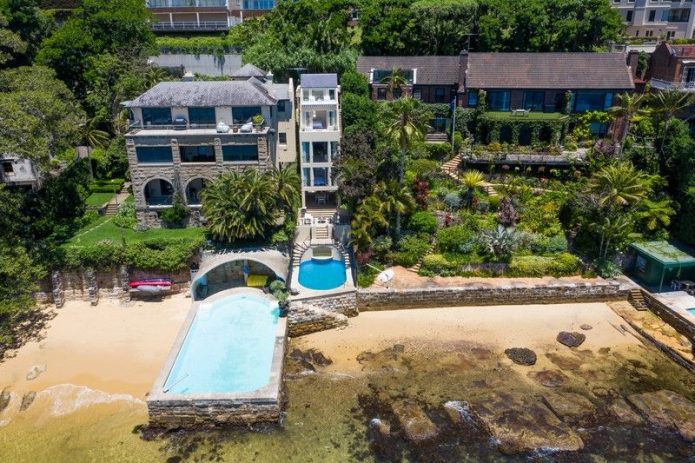PHOTO: Kainga Ora
Kainga Ora Addresses Tenant Rent Arrears Amid Growing Housing Debt Crisis
In recent months, Kainga Ora has taken numerous tenants to the Tenancy Tribunal due to rent arrears, sparking concerns from advocates over a rising trend in housing-related debt. However, the department asserts it is working to manage the situation effectively.
In one case, a Wellington tenant faced $34,440 in rent arrears, and was instructed to pay off the debt by adding $60 per week to her rent. Similarly, Auckland tenants were directed to clear $18,021 in arrears with an additional $50 weekly payment. In some instances, tenancies were terminated, and tenants were required to settle their debts immediately.
Nick Maling, Kainga Ora’s general manager of national services, said the department strives for a careful balance when dealing with rental debt. “Many of our customers live on very low incomes, with little or no financial reserves. Even small, unexpected life events can push them into debt, which can be hard to recover from,” he said.
Kāinga Ora to halve the team it set up to meet Māori housing needs
He explained that Kainga Ora contacts tenants early when rent payments fall behind, working closely with them to develop a plan. Around three-quarters of tenants with rent debt are currently making payments to reduce their arrears. However, when tenants fail to engage and continue not paying, Kainga Ora is forced to take action under the Residential Tenancies Act, resulting in the termination of 15 tenancies in the past financial year.
Reducing tenant rent debt remains a priority, Maling emphasized, adding that Kainga Ora is reviewing its rent debt policy to prevent tenants from accumulating large arrears in the future.
Jake Lilley, spokesperson for Fincap, which represents financial mentors, noted a significant rise in debts owed to Kainga Ora in 2023. “The median debt increased from $340.50 to $1,416 compared to 2022. Many of these debts stem from paperwork issues, where individuals entitled to lower charges weren’t receiving them,” he said. He praised government officials for their cooperation last year in addressing these issues, but called for broader action across departments.
Action Station’s Vanessa Cole pointed out that the rise in rent arrears is linked to the ongoing cost-of-living crisis affecting low-income households. “Despite rent being income-related, other expenses like power bills and food are forcing families into tough choices between essentials,” she said.
Kāinga Ora head QUITS with a MASSIVE tax payers PAYOUT | WATCH
Cole also criticized the government’s removal of the Sustaining Tenancies framework, a homelessness prevention strategy, which has led to an increase in Kainga Ora evictions. She argued that instead of addressing the root causes, such as rising living costs and insufficient incomes, the government’s approach has become more punitive.
SOURCE: RNZ











